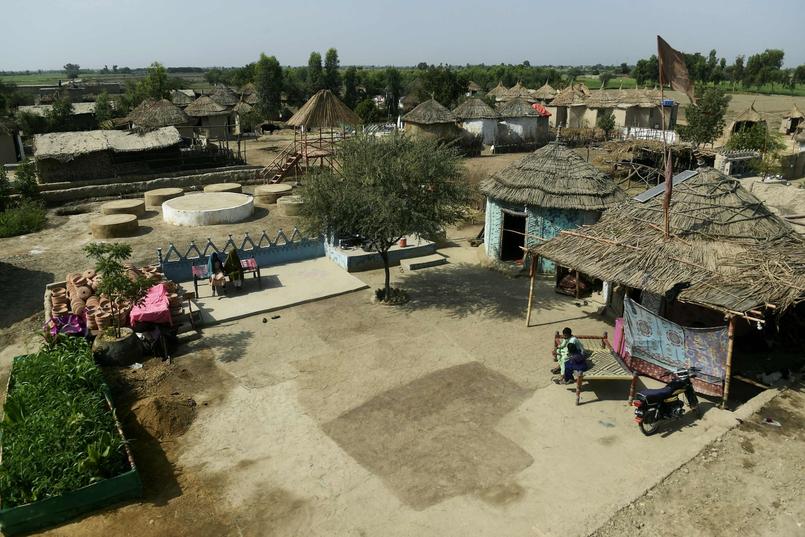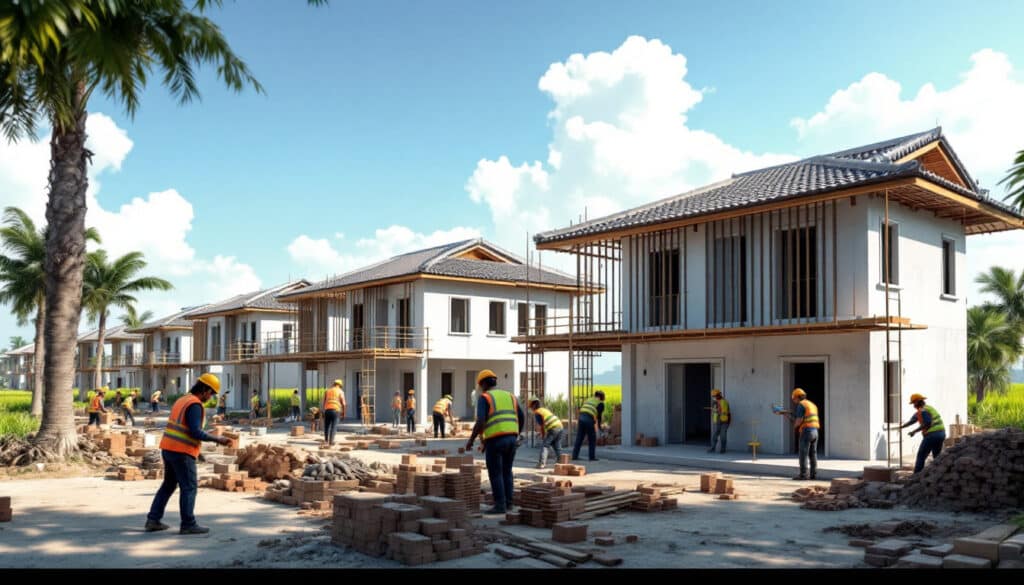“`html
Cookies and data play a crucial role in maintaining and providing Google services. They allow us to monitor interruptions and protect against spam, fraud, and abuse. Furthermore, they facilitate the analysis of user engagement and website statistics, which helps us understand the use of our services and improve their quality.
By choosing “Accept all”, you also authorize the use of cookies and data to develop and refine new services. This includes measuring the effectiveness of ads, displaying personalized content based on your preferences, and delivering targeted ads suited to your settings. If you opt for “Reject all”, we will not use cookies for these additional purposes. Non-personalized content depends on factors such as currently viewed content, your ongoing search activities, and your location. Non-personalized ads are also based on your content viewing and general location. Personalized content and ads can provide more relevant results, recommendations, and advertisements thanks to your previous activities on this browser, such as your past searches on Google. We also use cookies and data to tailor the experience based on age, if necessary. Select “More options” for additional information, including details on managing your privacy settings. You can visit g.co/privacytools at any time.

Table of Contents
ToggleTwo years after the destruction of their home, what is the impact on the couple?
In Loire-Atlantique, a couple saw their life turned upside down two years ago when a controversial decision led to the destruction of their home. This ordeal left deep scars, both emotionally and financially. Currently, the repercussions of this event are still felt daily. The lack of a stable home has forced the couple to live in temporary housing, often unsuitable for their needs. This instability has not only disrupted their routine but has also affected their mental and physical well-being.
The couple has had to face numerous difficulties, including the loss of precious memories accumulated over the years in their residence. The house was not just a place to live but also a symbol of their history and stability. This symbolic loss has engendered a difficult-to-fill void. Moreover, the financial constraints resulting from the loss of their property have added extra pressure, further complicating their situation.
Additionally, the absence of a fixed home has limited their opportunities for rebuilding and relocating. Despite the available aids and supports, the rehabilitation process is long and arduous. The couple often finds themselves faced with bureaucratic and administrative obstacles that slow their ability to regain stability. This prolonged situation has led to feelings of frustration and despair, reinforcing their state of resignation in the face of an uncertain future.
Why did the destruction of their home trigger anger and resignation?
The destruction of the couple’s home was primarily motivated by decisions made by local authorities in partnership with certain real estate developers, whose involvement is detailed in the article urban densification: the role of developers in the destruction of villas. These developers justified the demolition with urban development projects aimed at increasing residential density in the area. However, this justification has been vigorously contested by residents, who see it as an infringement on their right to safe and stable housing.
The couple’s anger is fueled by what they perceive as a complete lack of consideration for their well-being and rights. They believe they have been deprived of the opportunity to participate in the decisions that led to the destruction of their home. This exclusion from decision-making processes has engendered feelings of injustice and distrust towards the local authorities and the developers involved.
Furthermore, the couple’s resignation stems from a sense of helplessness in the face of larger systemic forces. After exhausting legal remedies and attempts at negotiation, they feel compelled to accept this situation that seems immutable. This forced acceptance generates profound emotional fatigue, making any prospect of improvement or change in their current situation difficult.
What legal and administrative actions has the couple taken?
Following the destruction of their home, the couple has undertaken various efforts to try to restore their situation. They initially sought clear explanations from local authorities but encountered communication that was often opaque and untransparent. Lacking satisfactory answers, they decided to turn to legal avenues to defend their rights.
Their legal battle has included lawsuits against the developers and municipal officials involved in the destruction of their home. However, as highlighted in the article abandoned by builders: the tragedy of owners facing bankruptcy and loss of their home, many homeowners find themselves facing overloaded judicial systems, making procedures long and often unsatisfactory.
In parallel, the couple has also sought help from non-governmental organizations and groups advocating for property owner rights. These organizations have provided moral support and practical advice, but tangible results remain limited in the face of the complexity of legal and administrative issues.
Despite their relentless efforts, the couple faces persistent obstacles, including the absence of immediate financial damages and the difficulty of proving direct violations of their rights. This powerlessness in the face of the legal system reinforces their feelings of despair and resignation, limiting their ability to obtain suitable redress or compensation.
What are the emotional and social repercussions for the couple?
The destruction of their home has deeply affected the couple’s mental health. The feeling of loss and the traumas associated with the sudden disappearance of their home have led to anxiety and depression disorders. Living without a stable and secure place has complicated their daily lives, heightening the stress and insecurity constantly felt.
Socially, the couple has gradually isolated themselves, distancing from their usual support network. Relationships with friends and family have been strained by their financial and emotional situation, making access to effective advice or moral support difficult. This isolation contributes to an increased sense of loneliness, making the process of healing and personal rebuilding even more challenging.
Moreover, the social stigma associated with the loss of their home has added an additional layer of complexity to their situation. They often feel judged or misunderstood by those who have not experienced such an ordeal, thus reinforcing their sense of marginalization and exclusion within the community.
However, despite these challenges, the couple is trying to maintain a certain resilience. They are seeking ways to rebuild their lives, whether through therapy, support groups, or personal initiatives aimed at regaining emotional and social stability. This quest for reconstruction is a testament to their inner strength, even though the path remains fraught with obstacles.
What is the role of developers in the destruction of villas in Loire-Atlantique?
The rise of urban densification in Loire-Atlantique has been largely influenced by the actions of real estate developers, whose role in the destruction of villas is being called into question. According to the article urban densification: the role of developers in the destruction of villas, these players play a key role in reconfiguring the urban landscape, often to the detriment of existing residents.
Motivated by financial goals and urban development perspectives, the developers have undertaken projects aimed at increasing residential density. This approach has led to the demolition of many individual homes, transforming once peaceful neighborhoods into more urbanized and regulated areas. However, this strategy has sparked vigorous criticism from residents, who see it as an infringement on their quality of life and their right to stable housing.
The involvement of developers has also raised ethical questions regarding their interaction with local communities. Many owners have expressed a lack of transparency and consultation in the decisions made, leading to feelings of betrayal and distrust towards these real estate sector actors. This tension between urban development and respect for residents underscores the need for tighter regulation and more open dialogue among all stakeholders.
Furthermore, densification projects have long-term implications for the local real estate market. While on one hand, they may contribute to meeting a growing housing demand, on the other hand, they risk making housing less financially accessible for long-time residents. This dynamic can exacerbate social and economic inequalities within the region, intensifying tensions between developers and local communities.
How does the couple envision the future after this ordeal?
After two years of trial, the couple in Loire-Atlantique had to rethink their vision for the future. Despite the anger and resignation that inhabit them, they aspire to regain stability and rebuild their lives. Their journey is marked by a willingness to be resilient, seeking to learn lessons from this traumatic experience to move forward.
The couple considers rebuilding their home an absolute priority. They are exploring various options, ranging from searching for new housing suited to their needs to participating in government support programs designed for victims of housing disasters. This determination to regain a stable home is a central element of their healing and personal rehabilitation process.
Moreover, they are considering becoming more involved in the local community life, participating in initiatives aimed at protecting the rights of homeowners and influencing urban development policies. Their personal experience drives them to become active contributors in advocating for the interests of residents, seeking to prevent other families from suffering the same fate.
Hope remains an essential component of their future perspective. Despite the obstacles and challenges, the couple maintains a glimmer of optimism regarding their ability to overcome this ordeal. They emphasize the importance of collective support and solidarity, highlighting that their rehabilitation depends on a shared commitment with other residents facing similar situations.
Ultimately, the future for this couple is a delicate balance between acceptance of what cannot be changed and determination to shape their destiny. Their journey is a poignant example of how tragic events can catalyze personal and community transformation, opening the way to new possibilities and renewed resilience.
What support is available for victims of home destruction in Loire-Atlantique?
In the face of the destruction of their home, many victims in Loire-Atlantique find themselves in a precarious situation, requiring multidimensional support. Various resources are available to help these individuals rebuild their lives, whether through financial, legal, or emotional assistance.
At the financial level, government aid exists to help victims cover the immediate costs associated with the loss of their home. This aid may include compensatory allowances, relocation grants, as well as preferential interest loans to facilitate reconstruction or the purchase of a new home. It is essential for victims to inquire with local social services to access these resources.
From a legal standpoint, specialized organizations offer free or low-cost consultations to assist victims with their legal proceedings. These organizations help navigate complex procedures, file formal complaints, and represent the interests of victims against developers and authorities. Awareness of these services is crucial to ensure that victims have the necessary support to defend their rights.
On the emotional front, psychological support plays a vital role in the healing process of victims. Individual or group therapies, as well as rehabilitation programs, are available to help individuals overcome trauma and rebuild their mental well-being. The local community, through support groups and community initiatives, also provides a space to share experiences and find mutual comfort.
Additionally, some community initiatives aim to strengthen residents’ resilience by promoting collective reconstruction projects and facilitating the creation of solidarity networks. These efforts seek to create an environment where victims can not only find immediate support but also build solid foundations for a more stable and secure future.
Une maison faubourienne parmi un ensemble de 15 pavillons, va être remplacée par un immeuble de 11 étages, 39m de haut contre l’avis du maire d’arrdt. Ces maisons faisaient le charme du XVe.
— Aurélien Véron (@aurelien_veron) August 27, 2024
Mais elles ne rentrent pas dans les normes de la mairie de Paris https://t.co/nj8lkeSJXO
















